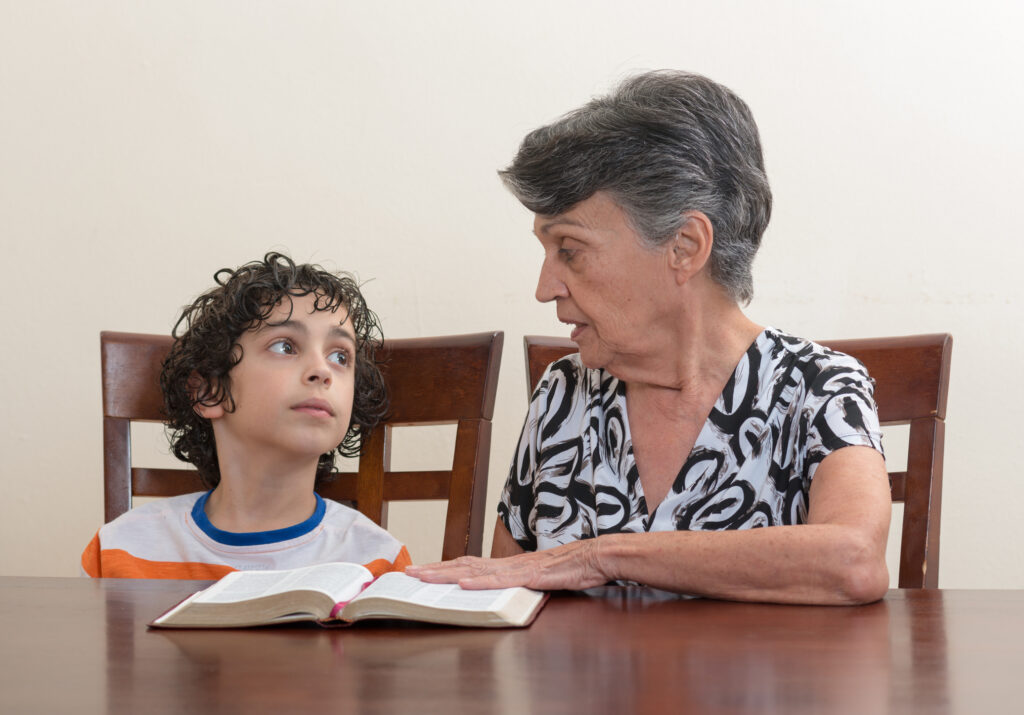Exploring the Correlation Between Aging and Gaining Wisdom
You have all heard the expression "older and wiser," but is this based on fact? You may feel wiser because you have learnt key life lessons. However, do you become wiser as you age? As we all know, wisdom does not always equate to conventional intelligence.
The Impact of Age on the Brain
Studies have shown that as you grow older, your brain processes information slower. Therefore, you can often find yourself unable to recall names or what you need from the shops. The inability to remember something can be disconcerting and would suggest that you become less smart with age.

However, research has also shown that your reasoning and problem-solving skills improve with age due to the brain retaining useful connections between thought and action. Therefore, if you believe that how you approach life's problems and challenges is a signifier of wisdom and intelligence, it will certainly appear that you have become wiser in your more advanced years.
Wisdom itself can be quite a philosophical concept and tricky to accurately define. On the topic of philosophy, Oxbridge's A-level Philosophy course could be perfect for you. Challenge yourself to think deeply about some of life's most profound questions.
A quick pointer from your friends at Oxbridge: it might be worth trying a little harder to remember people’s names as you get older.
Understanding Wisdom
Your understanding of wisdom will depend very much on your own values and beliefs. Certainly, just because someone is older does not mean they are necessarily wiser. Younger people may be wiser if their life experiences have made them approach life in a certain way.
This again alludes to the fact that the definition of wisdom can be very difficult to pin down properly. Making mistakes is part of this journey we are all on, which is called life. This is a form of wisdom if you can learn from your mistakes and avoid them in the future.
It is fair to say you are more likely to have made more mistakes the older you are, simply because you have been around longer. So, one could attribute this type of wisdom to age. But again, it’s all quite relative and largely depends on the individual.
Does Learning Become Easier as You Get Older?
As you get older, learning can become easier as you naturally develop better study habits. Adults often know how to manage their time well, understand how they learn best, and stay focused on their goals. They can also connect new information to what they already know, making it easier to grasp new concepts. However, it's important to keep your brain active and use good learning techniques, as ageing can sometimes make learning a bit harder.

If you are older and considering re-entering education, Oxbridge have a wealth of online courses. Is there a subject you struggled with in school and couldn’t wait to see the back of? Maybe take the opportunity to test yourself and gain that qualification. You can apply the life experience you have accumulated to your studies, and there’s every chance this time round you will do much better.
We Are Only as Old as We Feel
The subject of age can often be a sensitive one. Older people can be made to feel like their best days are behind them, whereas younger folk feel patronised in certain situations due to their lack of life experience. Whilst it is not as simple as age just being a number, the way we feel on the inside is more important than how old we actually are.
The next time someone older than you claims to be wiser due to their life experience, you may need to give them the benefit of the doubt. However, you also need to be mindful of the words of George Orwell and take them at face value: "Each generation imagines itself to be more intelligent than the one that went before it, and wiser than the one that comes after it."
One understood way of continuing to develop your brain is through lifelong learning. Therefore, now could be a good time to start an online course.
